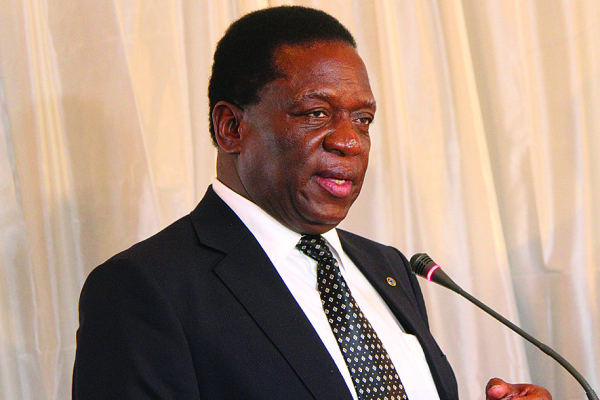
THE Zimbabwe Coalition on Debt and Development (Zimcodd) has urged government to decongest schools as well as provide education for thousands of children who dropped out of school due to lack of resources.
BY MTHANDAZO NYONI/BRENNA MATENDERE
In response to President Emmerson Mnangagwa’s State of the Nation Address, which was delivered last week, Zimcodd said government must prioritise education.
“While the incoming administration must emphasise economic growth to ensure employment creation and ensure that the fiscus generates enough revenue to address the range of national needs; the social development sectors which also represent the core human rights must not be neglected,” Zimcodd said.
“The administration will need to be able to provide quality education for the thousands of children who are out of school and decongest the overpopulated schools,” it said. Zimcodd also said government should also finance and strengthen the health system to ensure all citizens receive quality medical care.
“Government should ensure that all citizens have access to clean and potable drinking water and sanitation facilities. Protect the environment and ensure that it is sustainably managed by all stakeholders,” it said.
“This new administration will need to facilitate access to decent and affordable housing, while ensuring that our towns and cities are well planned and organised in a way that allows sustainable growth.”
Zimcodd said women and youth face the brunt of unemployment, but have boosted the economy through informal trade endeavours and resilience strategies for the survival of their families.
- Chamisa under fire over US$120K donation
- Mavhunga puts DeMbare into Chibuku quarterfinals
- Pension funds bet on Cabora Bassa oilfields
- Councils defy govt fire tender directive
Keep Reading
“Women and youths take up low income jobs and define the gross national income, yet their efforts are not recognised in the economy. Low income economies affect women more as they are characterised by poor social service delivery, poor governance and gross human rights abuses. There is greater need to raise the stake for women participation in this agenda so that gender disparities are minimised and addressed through the upper middle income economy 2030 agenda.”
Meanwhile, Zimcodd has created youth hubs in the country’s major cities as a way of providing platforms where young people can deliberate on socio-economic problems affecting them and also give input into the 2019 National Budget.
The concept is also practiced in several other countries, including Canada and Australia, where the youth hubs offer a variety of services to the young people, including provision of a safe space, where the youths can empower themselves and develop life skills.
Speaking to Southern Eye on the sidelines of the Gweru Youth Hub Forum launch recently, Zimcodd programmes officer Nqobizitha Mlambo said: “The youths will deliberate on their aspirations with regards the 2019 budget. They will talk about want they want included. That may include funding of tertiary education, resources for self-help projects, health care and how they can benefit from the youth bank.”
Mlambo also highlighted that the youth can invite public officials like councillors, legislators and ministers to explain their policies and answer questions on critical issues. He added that issues to do with taxation and how officials use and manage public finances will also dominate topics at the youth hubs.
So far, Zimcodd has created youth hub forums in Harare, Mutare, Masvingo and Gweru with Bulawayo being the next target.











